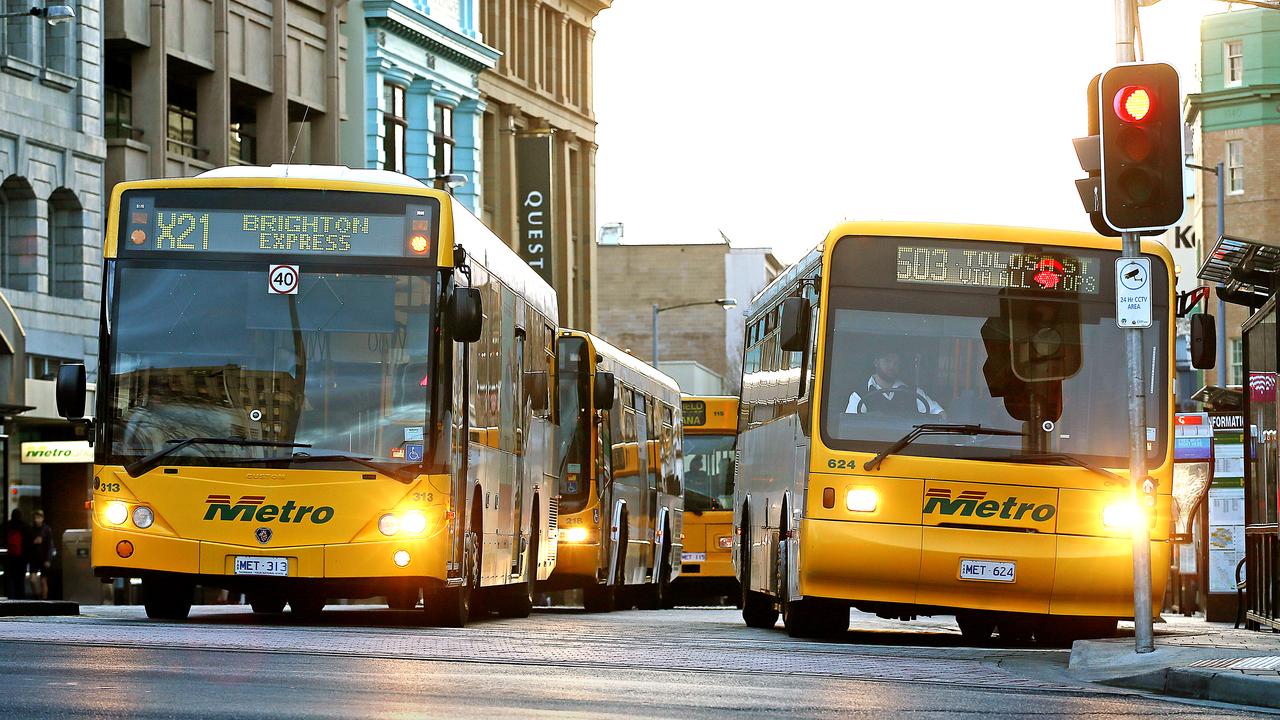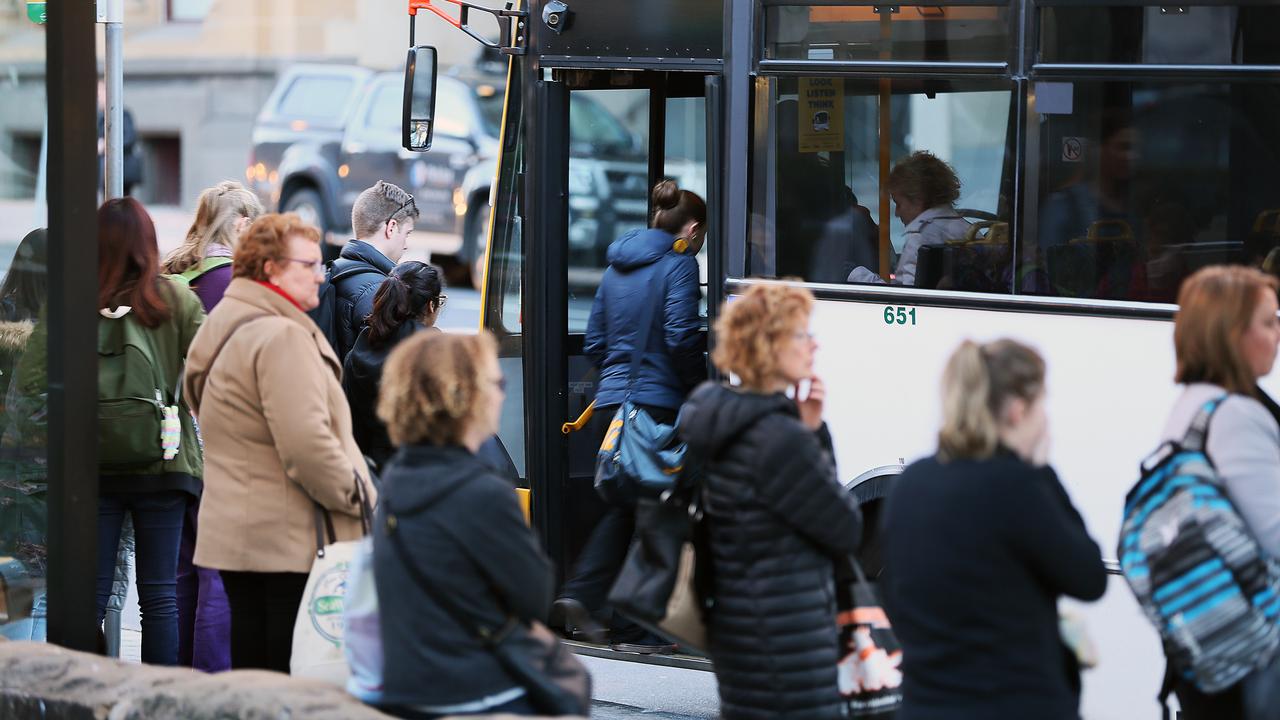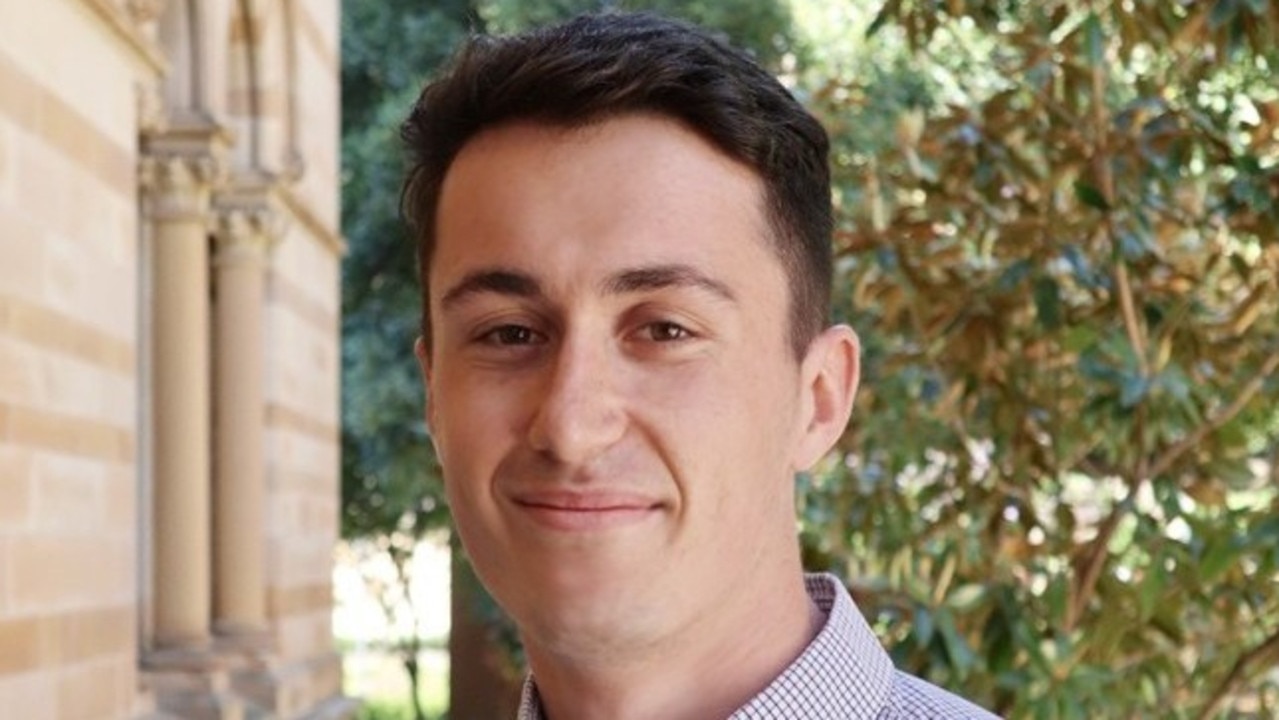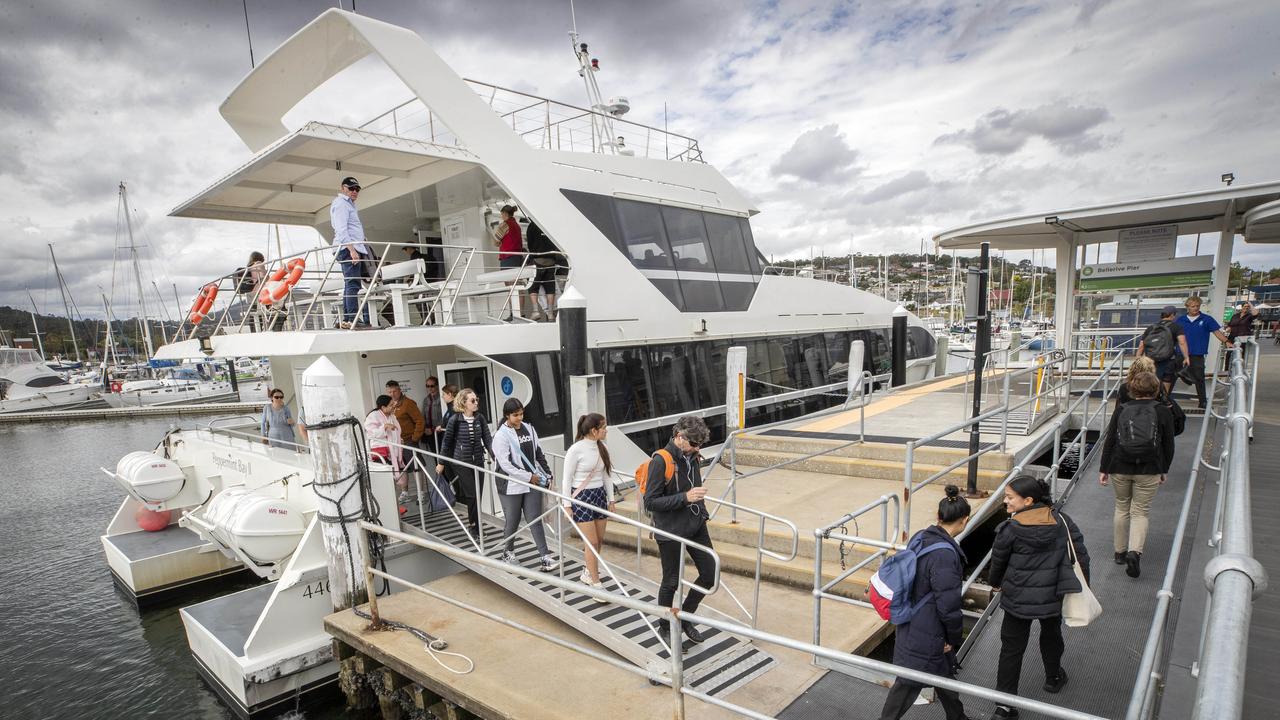McKell Institute report finds Tasmania’s public transport system ‘seemingly terminal’, recommends changes
A new analysis has found that Tasmania’s public transport system is in “seemingly terminal decline” after decades of underinvestment by successive state governments.

Tasmania’s public transport system is in “seemingly terminal decline” after decades of underinvestment and the state government must allocate a larger percentage of its budget to address the problem, a new analysis has found.
Labor-linked think tank, the McKell Institute, will on Tuesday release a report entitled A Better Deal: Fixing Tasmania’s broken public transport system, concluding that Tasmania spends the least on public transport in per capita terms than any other state or territory, as well as the second lowest proportion of its state budget (0.94 per cent in 2023-24), ahead of only the Northern Territory (0.41 per cent).
The report, released in the midst of a state election campaign, says Tasmania is projected to spend $115.06 on public transport per capita in 2023-24, compared to Queensland’s $702.25, WA’s $653.79, Victoria’s $610.77, the ACT’s $492.29, South Australia’s $218.40, and the Northern Territory’s $117.42.

The McKell Institute also makes damning findings about Metro Tasmania’s service provision in some of Greater Hobart’s most disadvantaged areas, particularly in the Glenorchy local government area (LGA), which has the lowest median household income of any Hobart LGA and the highest unemployment rate.
The report says low socio-economic areas in Glenorchy such as West Moonah and Derwent Park receive “highly limited” bus services with “clearly visible” and “inexplicable” gaps, making it difficult for local residents to attend job interviews, access education, and travel to medical appointments.
It also states that Hobart’s per capita public transport patronage per kilometre has been in “a steady and seemingly terminal decline” since the early 1980s.

The McKell Institute has recommended that the next state government increase investment in routine public transport services and transit infrastructure, plan more frequent and penetrating services to areas of disadvantage, criminalise the harassment, intimidation, and abuse of bus drivers, and amend legislation to give the government greater control over Metro Tasmania.
McKell Institute policy analyst, Max Douglass, said Tasmania’s public transport system had “suffered from decades of underinvestment”, which was impacting people’s daily commute.
“Tasmania is losing out on significant productivity gains by failing to invest in public transport,” he said.
“An adequately funded bus system would create much-needed jobs, help meet emissions targets, unclog roads and reduce traffic accidents.
“South Australia, the next most populous state, spends nearly twice per capita on public transport.

“That’s the absolute minimum Tasmania must look at if it’s serious about creating a bus system that’s fit-for-purpose.”
The Liberals have pledged to halve bus and ferry fares for one year should they retain government, as well as build three new ferry terminals on the Derwent River.
Labor has pledged to match the Liberals’ fare commitment, while the Greens say bus travel should be completely free.





